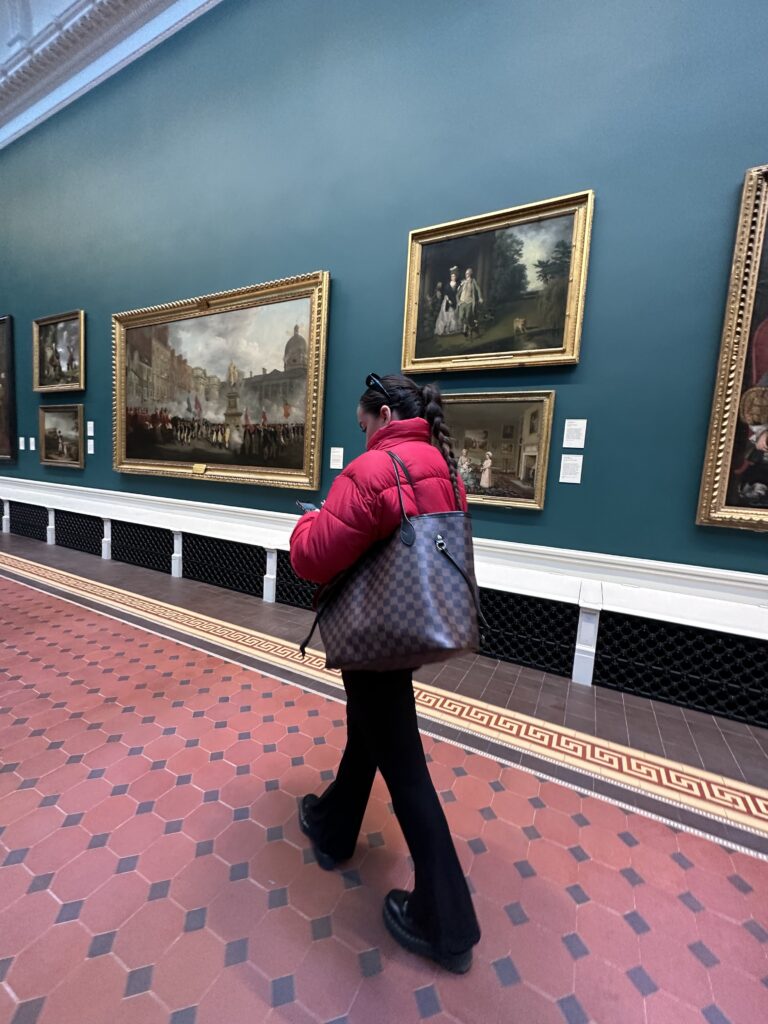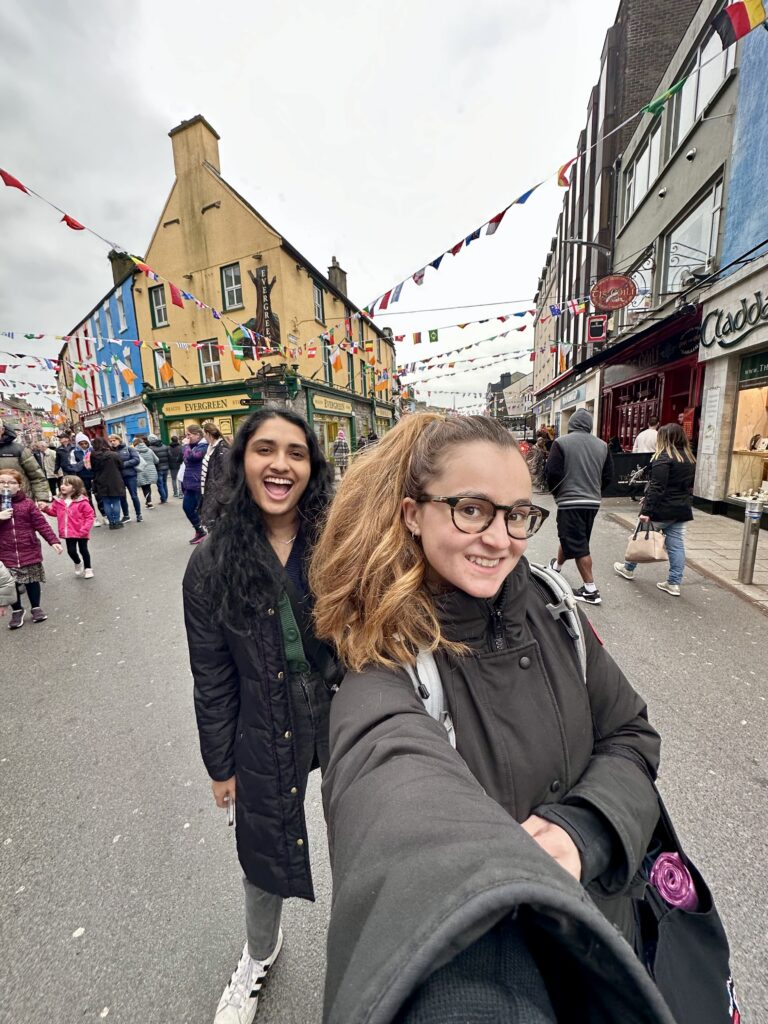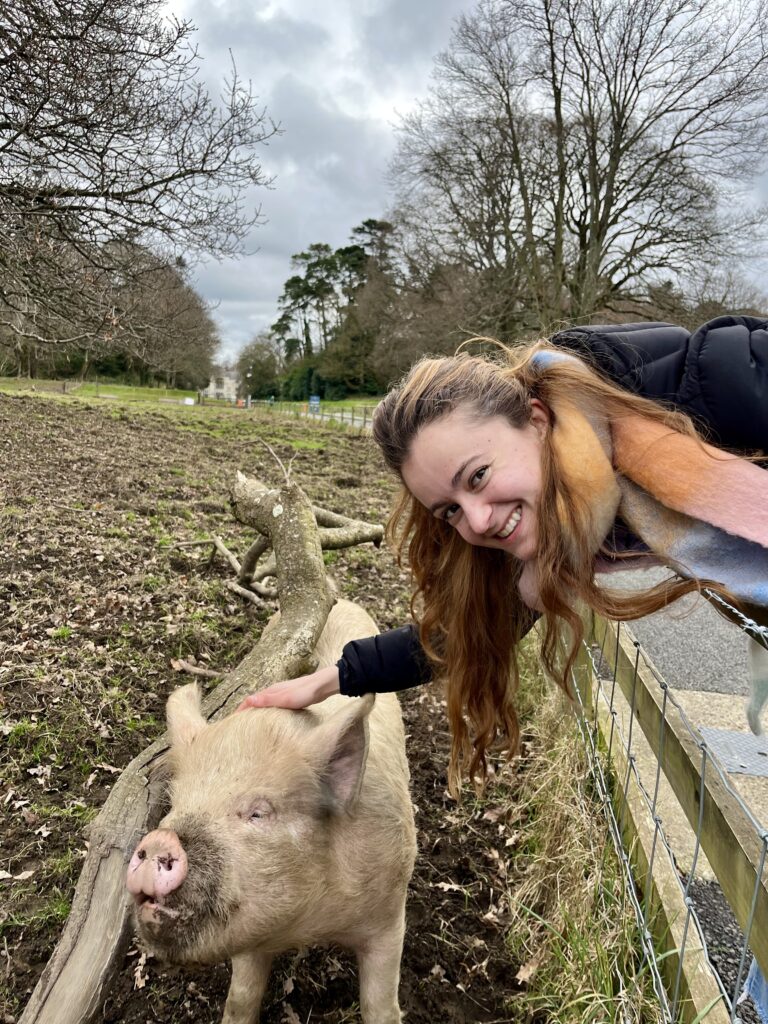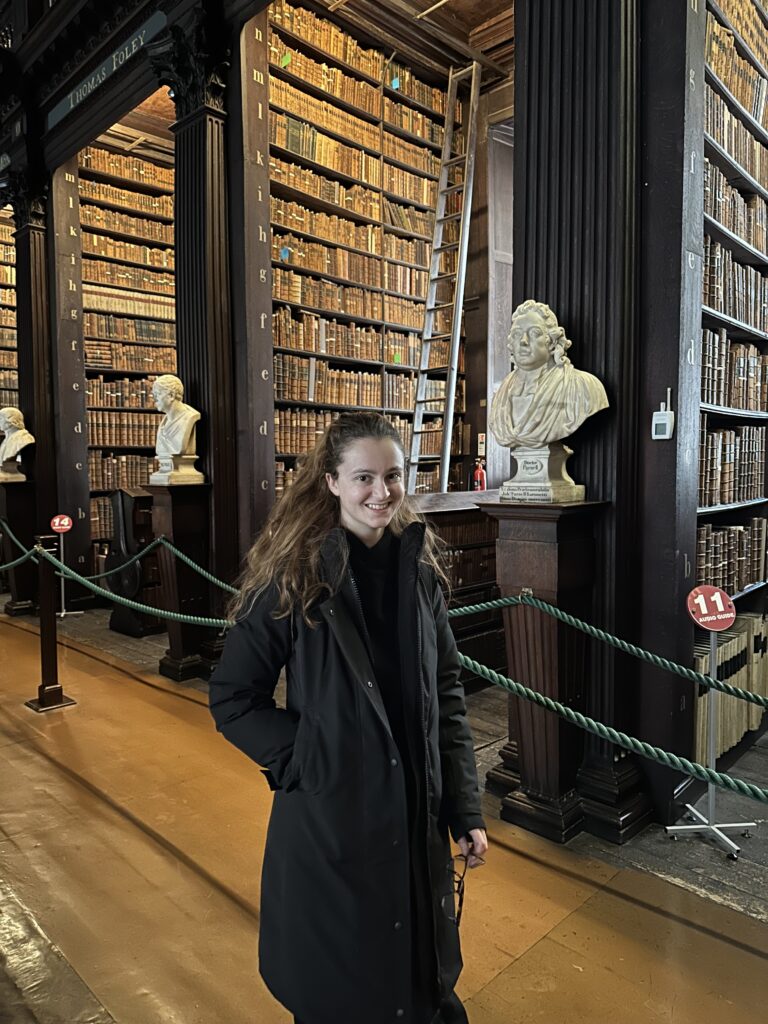Laws are critical regulators of science and technology. Local and international laws can ensure that the products of scientific advancement are implemented in a safe and socially responsible manner. Science, technology, and the legal system are highly complex interactive systems that merit an interdisciplinary understanding to ensure the benefits of scientific and technological advancements are reaped in a manner that best shields society from the danger posed by such advancements.
To enhance my understanding of the complex legal questions underlying the neuroscience and engineering advancements in my field, I’ve been auditing an international law and intellectual property course. One of the largest difficulties continually confronted in the legal field, is how legal systems can keep pace with rapid advancements in technology and science. These difficulties are compounded by the numerous legal entities attempting to differently regulate these technological and scientific advancements on local, federal, and international levels.
These complexities have been well illuminated by issues of legal ownership. Prior to my time in Ireland, my conceptualization of ownership was filtered through my education and lifetime in the U.S. lens, where intellectual property ownership is largely viewed as the inherent right of the creator to sole ownership of their ideas. Although similar general principles underlie ownership here in Ireland and Europe, there are some important differences, like moral rights. Moral rights largely protect two rights: the right of a creator to claim authorship and the right for this creator to object to distortion of their work that could harm their reputation. In Europe moral rights are inalienable and non-transferable, in the U.S. such rights are frequently transferable. Although moral rights traditionally are associated with creative products, they have new interests relevant with the creative products generated utilizing modern technology and science tools. Ambiguity over if a creator can object to the utilization of their technology for purposes they feel are unethical or who has moral rights over the creative outputs of products generated primarily with machine learning and open source intelligence.
More broadly, recent widespread use of accessible artificial intelligence (AI) is challenging concepts of legal ownership across legal systems at all levels. These tools raise unique challenges with numerous elements of legal ownership. Some important emerging questions include: If open source software is used in the training of AI-generated outputs, does ownership need to be provided to the creators of the training materials? Who should receive ownership of AI-generated work? How can legal systems continue to evolve at speed comparable to AI? And, what regulations need to be imposed to ensure ethical and safe use of AI?
Societal use of technological and scientific advancement depend on legal systems to ensure best use practices. As we continue to develop and use such advancements, I look forward to utilizing an international and interdisciplinary understanding to ensure the advantages of these advancements are appropriately contextualized along their practical concerns and limitations.
Please enjoy some of my more creative work here from my time exploring Ireland. Note: all moral rights for these images belong to Max Wragan.






